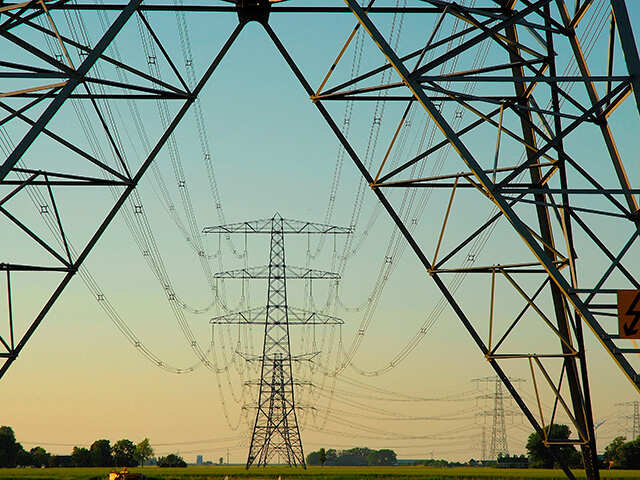 BERLIN: Germany's biggest power network operator TenneT plans to scale up pilot schemes to digitise the grid and cut the cost of billions of euros worth of investment in infrastructure, its chief executive said at an industry conference on Wednesday.
BERLIN: Germany's biggest power network operator TenneT plans to scale up pilot schemes to digitise the grid and cut the cost of billions of euros worth of investment in infrastructure, its chief executive said at an industry conference on Wednesday."Digital change is the key to bring down costs and congestion," said Manon van Beek, Chief Executive of TenneT Holding.
"We have engaged in pilot projects which we will scale up later this year," she told the electricity association BDEW's annual congress in Berlin.
TenneT is Germany's single biggest investor in the energy transition to a carbon free economy, operating the largest of Germany's four power transmission networks, as well as the grid in the neighbouring Netherlands, where its parent is headquartered.
Its 10-year investment plan entails spending 23 billion euros ($25.97 billion) in Germany, recouped through fees paid by consumers, and 12 billion euros in the Netherlands.
As Germany abandons stable nuclear or coal-fired power plants for environmental reasons and replaces them with more volatile wind and solar power, TenneT must make costly changes to its grids to stabilise them and avoid blackouts.
It must also build entirely new lines to link up and transport offshore wind power in both countries beyond 2030, as Europe wants to be largely carbon-free by 2050.
"We must come up with digital solutions," van Beek said, to avoid having to spend further billions beyond 2030.
The company was on a good course with a raft of grid efficiency projects, she said.
Earlier this month, TenneT completed a two-year project, cooperating with solar battery maker Sonnen, recently bought by Shell, which linked rooftop solar power installations to the grid with the help of data company IBM.
Germany has 1.5 million such rooftop systems and can use their output to help stabilise the grid at times when demand is high but supply is lower, and use the option of storage batteries to absorb excess supply.
Sonnen plans to pay back to customers the money it earns from the balancing market, in the form of entitlements to free power.
"Everybody will be able to participate in the energy transition, that is a real shift," van Beek said.
Other digital ventures pursued by TenneT include connecting car batteries to provide extra power to help balance the grid, in cooperation with Dutch green energy operator Vandebron, in which France's Engie is also participating, and VW.